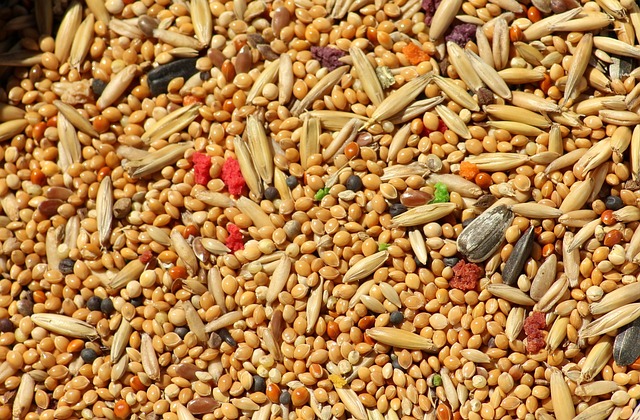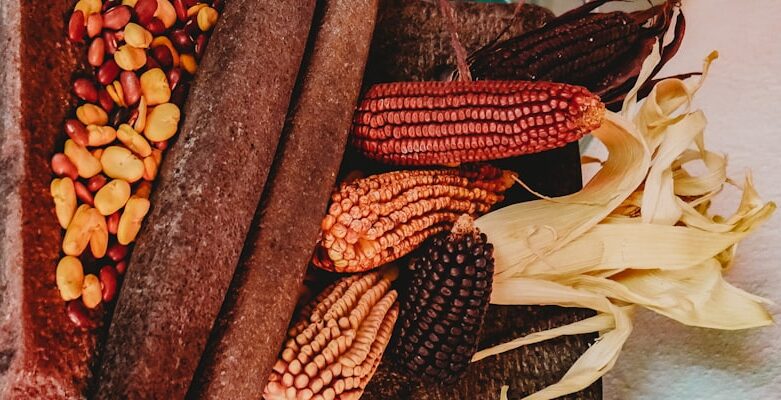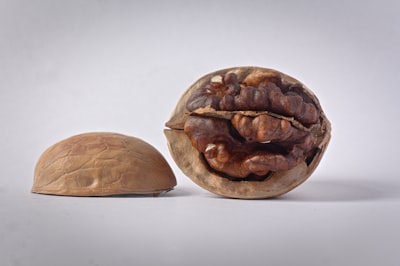The Term Trace minerals refers to chemical components. This chemical compound is found in a natural product in very small amounts. Micro-minerals are another name for trace minerals. They exist in the cell structures of all living things.
In the body, trace minerals function as co-factors in cellular processes. Trace minerals are essential to our growth and well-being, even though we only require very small amounts of them. Certain medical circumstances, such as pregnancy, breastfeeding, malnutrition, disease, surgery, and medication usage, increase the need for trace minerals.
Some essential trace minerals are iron, iodin, zinc, cooper, florin, selenium, chromium, manganese, cobalt, and molybdenum.
Here are 8 main Trace Minerals along with their functions.
Iron
Hemoglobin and myoglobin are two forms of functional iron that are present in human tissue. Whereas myoglobin is in charge of getting oxygen to the muscles, hemoglobin helps the body carry oxygen throughout. It also contributes as a cofactor to a number of enzyme processes.
Sources of iron include meat, fish, poultry, cereals like bajra, jowar, rice, wheat, pulses like moth beans, cow peas, Bengal gram, and soyabean, green leafy vegetables like spinach, cauliflower, broccoli, and dili leaves, and fruits like nuts, oilseeds, water melon, pineapples, raisins, bananas, and oranges.

Iodine
The production of thyroid hormones (T3 and T4) depends significantly on iodine. The thyroid raises the body’s metabolic rate, which improves how well the body uses its oxygen and energy. It also controls brain and reproductive system activity.
Seafood contains a good amount of iodin. Good sources of iodine include potatoes, bananas, whole grains, legumes, and iodized salt.
Zinc
Zinc has a significant role in human growth and development. Zinc is a crucial component in biological processes including the synthesis of DNA and RNA and the regulation of gene expression. It also fights oxidative stress by acting as an antioxidant.
Foods originating from animals, including meat, poultry, milk, and dairy products, are rich sources of zinc.
Chromium
An important mineral called chromium is involved in how insulin helps the body control blood sugar levels. Through enhancing the effects of insulin, chromium contributes to the metabolism of proteins, lipids, and carbohydrates.
Good sources of chromium are whole grains, nuts, and cheeses, grape juice, meat, wine, Brazil nut, whole wheat, broccoli.
Copper
Our bodies need copper to create vital neurotransmitters that support the normal operation of the nervous system and brain. Copper also aids in the production of energy in our bodies.
Not only does copper help transport iron throughout the body, but it also forms our connective tissue and promotes the synthesis of melanin in our skin.
Nuts, oilseeds, liver oysters, whole grains, beans, potatoes, organ meat, dry fruits, and dark leafy vegetables are good sources of copper.

Fluoride
Fluoride helps prevent tooth decay and assists in the development of bones and teeth. It aids in preventing dental cavities. Additionally, fluoride helps to increase the hardness and density of bones, which increases their stability.
Tea and coffee, oatmeal, raisins, potatoes, drinking water with added fluoride, shellfish, and grapes are some good sources of fluoride.
Selenium
Selenium is essential for preserving the metabolism of thyroid hormones. It reduces the chance of cardiovascular disease. Because of its antioxidant properties, selenium may help lower the risk of cognitive loss brought on by ageing as well as impairments from diseases like Alzheimer’s.
Brazil nuts, eggs, brown rice, fish, chicken, beef, spinach, oat meal, mushrooms, and bananas are rich sources of selenium.
Manganese
It is crucial to many of the biochemical reactions that occur inside the systems of the human body. Manganese controls blood clotting mechanisms for effective wound healing processes with the aid of vitamin K.
Good sources of manganese include brown rice, oat meal, tea, soyabean, legumes, chickpeas, lentils, and spinach.
In a summary
Trace Minerals are chemical component ,but they are essential for normal growth and development. they are work as co-factor in human body.








